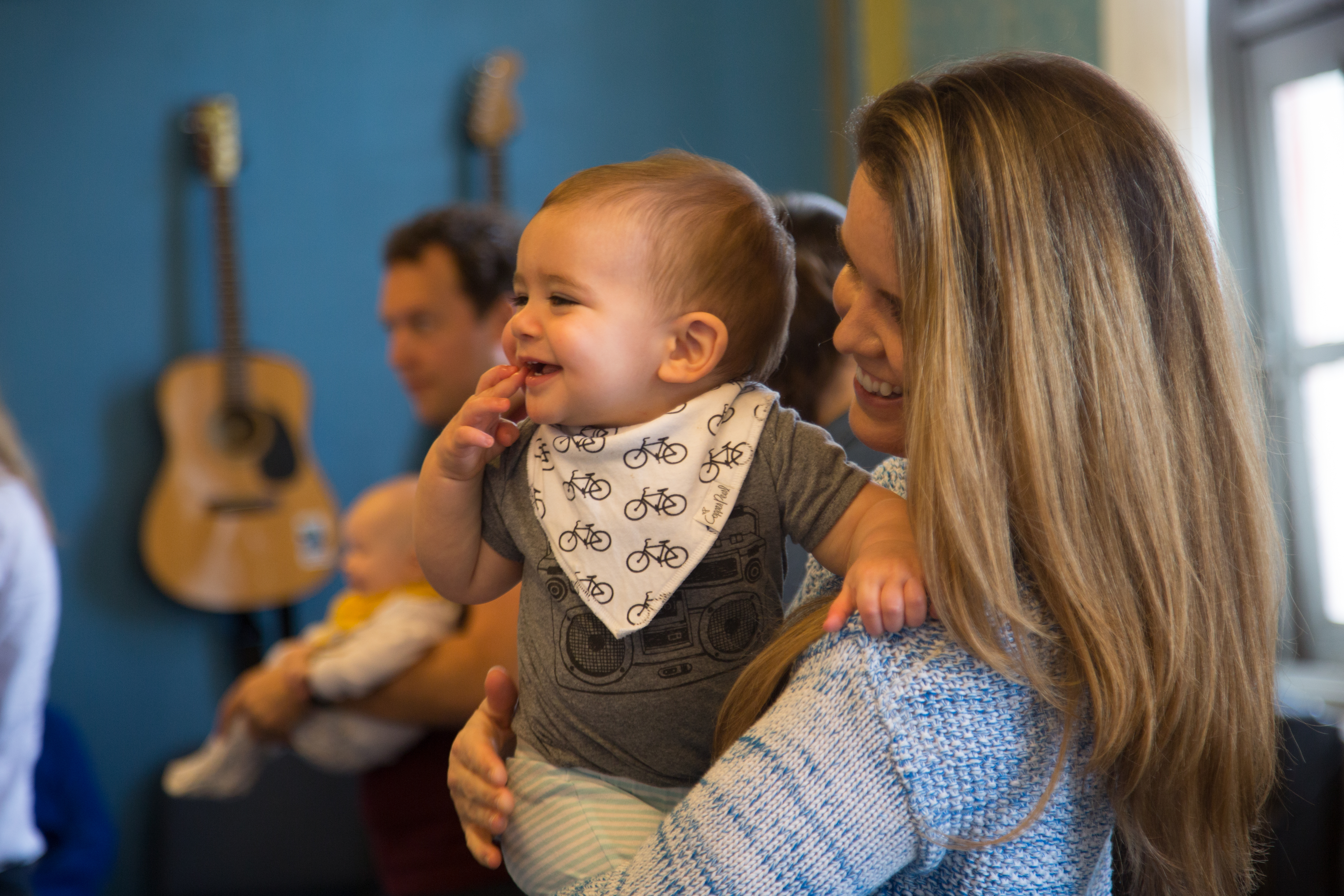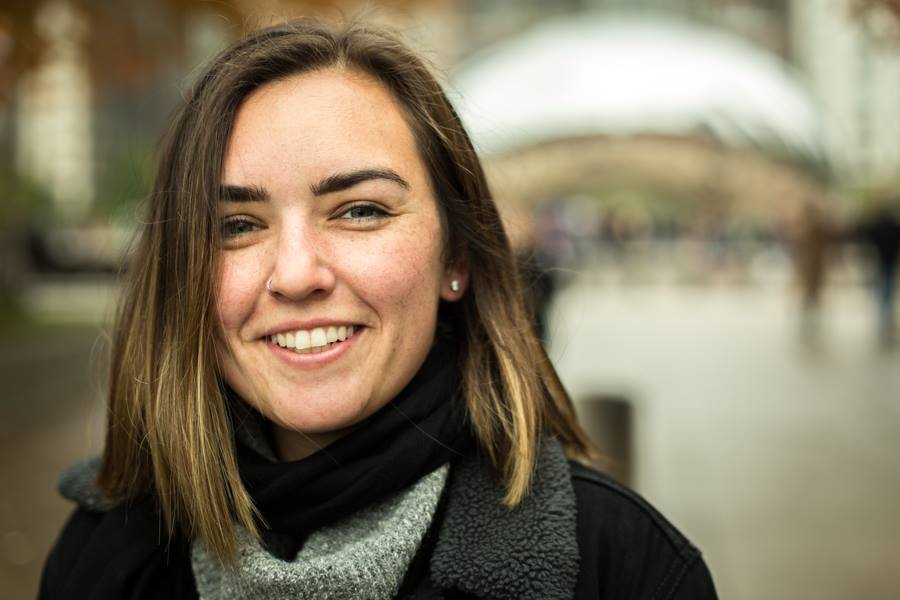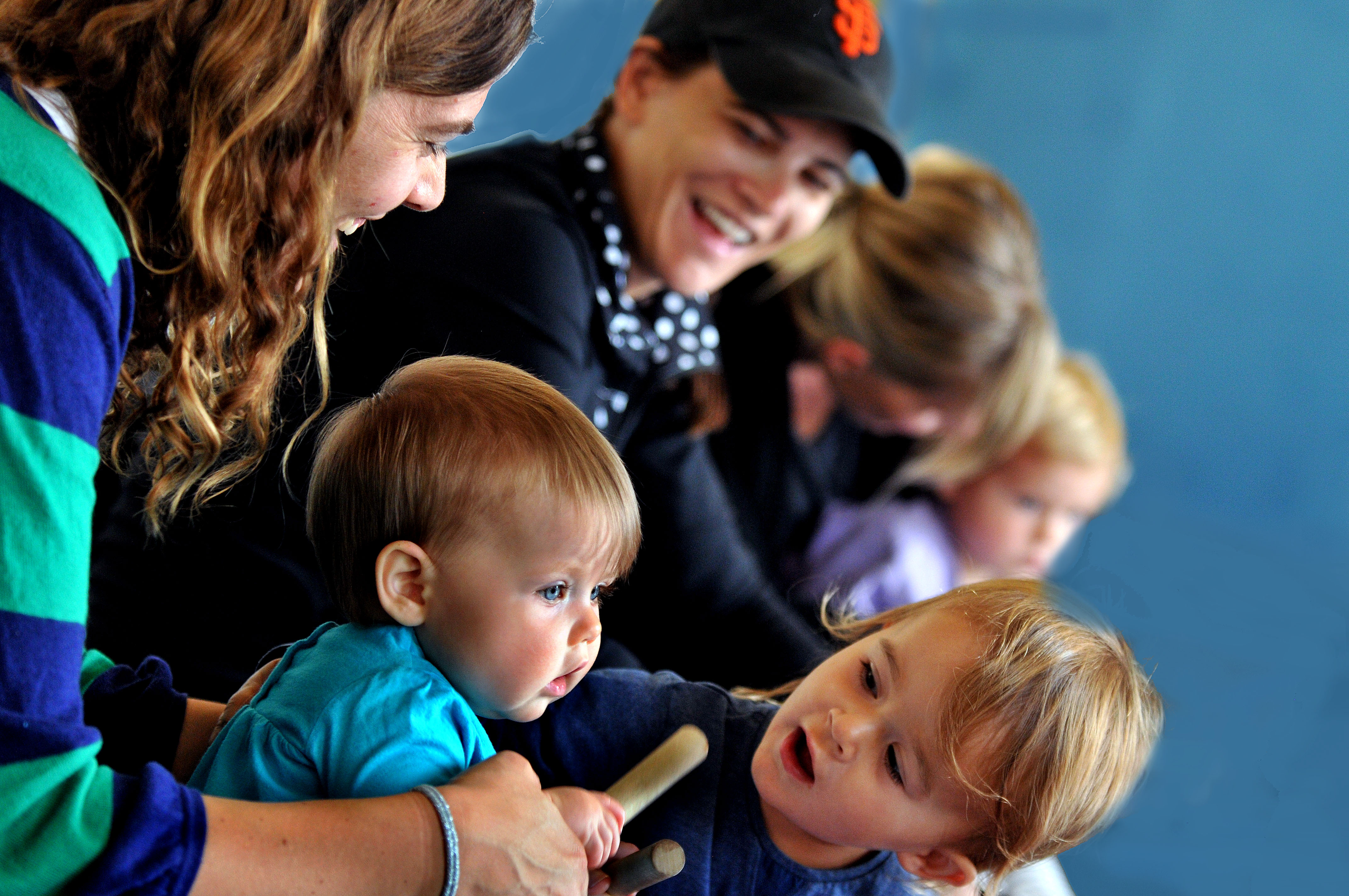
From its ability to close the achievement gap in at-risk youth to its effects on language development and mood, there’s no denying music has the power to change lives (but spoiler alert, there’s no such thing as the Mozart Effect). This Make Music Day (held each year on June 21), let’s take a moment to appreciate this beautiful and oh-so-healing part of our humanity.
There are a handful of topics I will gladly hop up on my proverbial soapbox to preach about, like how I think Game of Thrones series should have ended (my queen forever, Danearys!), or which San Diegan restaurant has the best California burrito. The most important in my arsenal, and the one I relish the most is championing music education.
The research puts it plainly—music can do incredible things.
In college, while writing my thesis on early childhood education and music/brain research, I stumbled on a treasure trove of information. Across the board, musically trained children (not just music listeners— an important distinction, Mozart Effect!), especially those whose training began in early childhood, reflect stronger general intelligence skills such as literacy, math, and IQ. It’s easy to see why. Learning percussive instruments trains dexterity and rhythm, in turn mastering basic rhythm patterns and scales translates to an easier understanding of mathematics, and group-based settings can be instrumental (pardon the pun) in socializing young children to follow directions, share, and express themselves creatively.
While we’ve all seen the aching videos of music being able to reach through dementia to bring back a person’s favorite melodies, one exciting benefit you may not have heard as much about is music’s power to close the achievement gap. The woman spearheading much of this research is the brilliant Dr. Nina Kraus, a researcher based in Los Angeles who has conducted some first of their kind studies of youth based music programs.
She found that when students in “at-risk” populations were given consistent access to group, community-based musical education, especially before the age of seven, their test scores soared to the level of the nearby more affluent communities, and led to increased secondary education and college attendance. In these turbulent times where we’re looking at how we can do our part to create a kinder and more equitable world, music seems to be presenting itself as an effective (and FUN) way to help.
Make music a part of your family’s life.
So, with all of this beautiful knowledge, what do we DO with it?! As people who have happily tasked yourselves with shepherding tiny humans into a hopefully well-adjusted adulthood, I bet a major to-do is to impart a good music taste. I still have memories of refusing to sleep unless I was being bounced on my dad’s shoulder to Billy Joel’s River of Dreams. Whether it’s a love of the classics or the classical, simply singing and dancing with your kiddo can be a wonderful way for them to learn and grow, expressing creativity and joy. You don’t need to be Dr. Krauss to make a small difference in your own family.
To deepen their involvement, some truly beautiful early childhood music classes are scattered around our lovely Bay Area, and with such a variance, there truly is a class for everyone, whether you’re into classical, folk, or rock ‘n’ roll. If you feel called to give back to SF’s most vulnerable communities, there are a handful of wonderful organizations just a Google search away that are bringing this valuable research and programming to our own city. For a night out, head to your local music venue to support local artists. Amoeba Records sells adorable children’s size noise-blocking headphones.
The San Francisco Bay Area has an incredible, storied musical history. From the days of Haight Street closing down for early Grateful Dead Shows, to the rich history of the Fillmore giving birth to the modern concert, so much began here. As our local ecosystem evolves, we have an opportunity on days like Make Music Day to honor this deeply human art form that gives so much to us and to ensure its magic never fades. Ask yourself: how can I make music an integral part of my family’s life?
 Stephanie Lamond
Stephanie Lamond
A lifelong musician, Stephanie currently serves as the Little Bears Director at non-profit Blue Bear School of Music, SF’s original School of Rock, est. 1971. When she’s not corralling kiddos in class or scheduling behind her laptop, you can find her at Hyde Street Recording Studios, playing venues around town with her current band, Pine Pitch, and zipping around the City on the back of her fiancé’s scooter. Keep in touch with her on Instagram @luckylamond, or drop her a line at stephanie@bluebearmusic.org.















